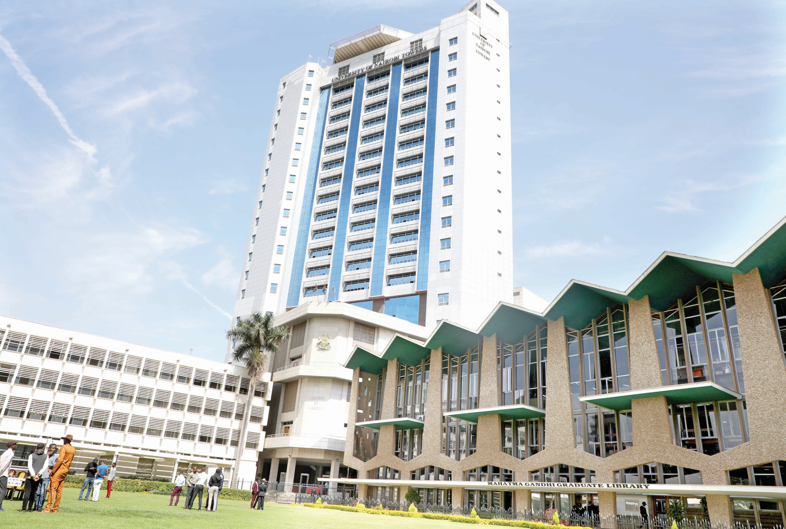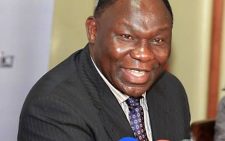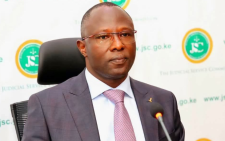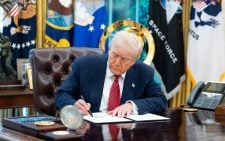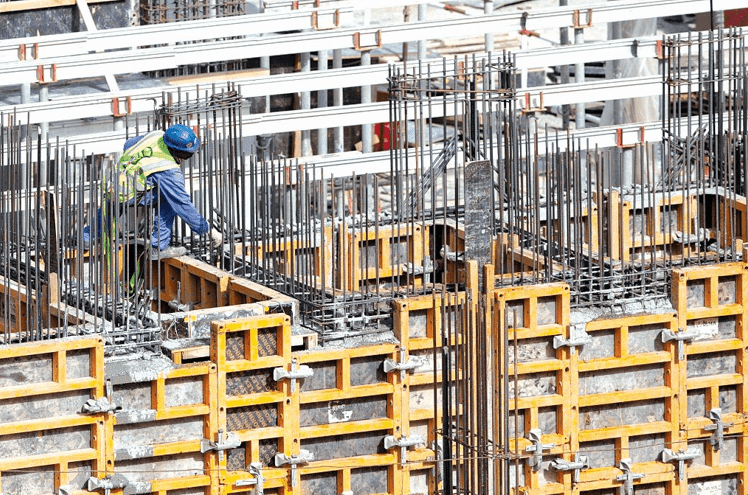Kenya’s elite take refuge in Dubai to hide looted funds

Steve Umidha @UmidhaSteve
A new trove of leaked documents suggests Kenya is among African countries that may be losing huge amounts of tax revenue with investors using Dubai’s attractive tax regime to stash the stolen money.
The damning report titled Dubai’s Role in Facilitating Corruption and Global Illicit Financial Flows also details how corrupt and criminal actors from around the world operate through or from Dubai.
It fingers East African gold smugglers, Afghan warlords, Russian mobsters, Nigerian kleptocrats, European money launderers and Iranian sanctions-busters as having found Dubai a conducive place to operate.
“Dubai is a place to launder artisanally mined gold, especially from conflict-prone parts of East and Central Africa.
Opaque business practices and regulatory loopholes allow this laundered gold to enter world markets on a massive scale,” the report authored by Mathew Page and Jodi Vittori reads in part.
In their research, the two note in the report released last month that, while the vast majority of financial, business, and real estate transactions in Dubai are not associated with illegal activity, part of what underpins the Arab nation’s prosperity is a steady stream of illicit proceeds borne from corruption and crime.
In 2018 for instance, Kenya wrote to at least seven countries including Dubai seeking details of billions of shillings suspected to be stashed abroad by influential individuals, including politicians and businessmen.
The Ethics and Anti-Corruption Commission (EACC) and the Directorate of Criminal Investigations (DCI) had at the time confirmed that the office of the Attorney-General had reached out to the seven nations seeking information about bank accounts and assets in the names of Kenyan citizens, which are suspected to have been proceeds of corruption.
The two institutions, tasked with the cross-checking details they held about prominent individuals said to be having assets worth billions of shillings in the UK and Dubai are yet to make public their findings two years later.
It is estimated that Kenya has been losing an average of Sh40 billion every year through illicit financial flows since 2011 as government, local firms and multinationals engage in fraudulent schemes to avoid tax payment.
Property market
Dubai’s property market is also seen as a magnet for tainted money for most moneyed Kenyans – with the sector built to attract foreign buyers, the emirate is dominated by towers of upscale flats and man-made islands studded with luxury villas.
Property developers and real estate agents are said to accept huge sums from politically exposed persons—individuals entrusted with a prominent public function, as well as their families and associates—and other suspicious buyers.
Even individuals targeted by international sanctions use Dubai property to launder money due to weak regulations and lax enforcement.
Operating with minimal regulatory oversight or customs enforcement, Dubai allows businesses to disguise the proceeds of crime via the over- and under-invoicing of goods, multiple invoicing, and falsifying of other trade documentation.
The Emirates joins a growing list of tax havens like Mauritius, Lichtenstein, Monaco, Panama, Bahamas, Belize, Bermuda, the British Virgin Islands, the Cayman Islands among others that are commonly used by tax cheats and corrupt politicians mainly from Africa to stash looted money.
A Paris-based Financial Action Task Force (FATF), a global dirty-money watchdog, accused Dubai and the larger United Arab Emirates in April this year of not doing enough to prevent money laundering despite recent progress, and risks landing on an international watchlist.
“The United Arab Emirates recently strengthened its legal framework to fight money laundering and terrorist financing but, as a major global financial centre and trading hub, it must take urgent action to effectively stop the criminal financial flows that it attracts,” it said in a statement.
A twenty-first-century city, Dubai is a global financial centre, a shopper’s paradise, and an oasis for the world’s well-to-do. While the vast majority of financial, business, and real estate transactions are not associated with illegal activity, part of what underpins Dubai’s prosperity is a steady stream of illicit proceeds from corruption and crime.

